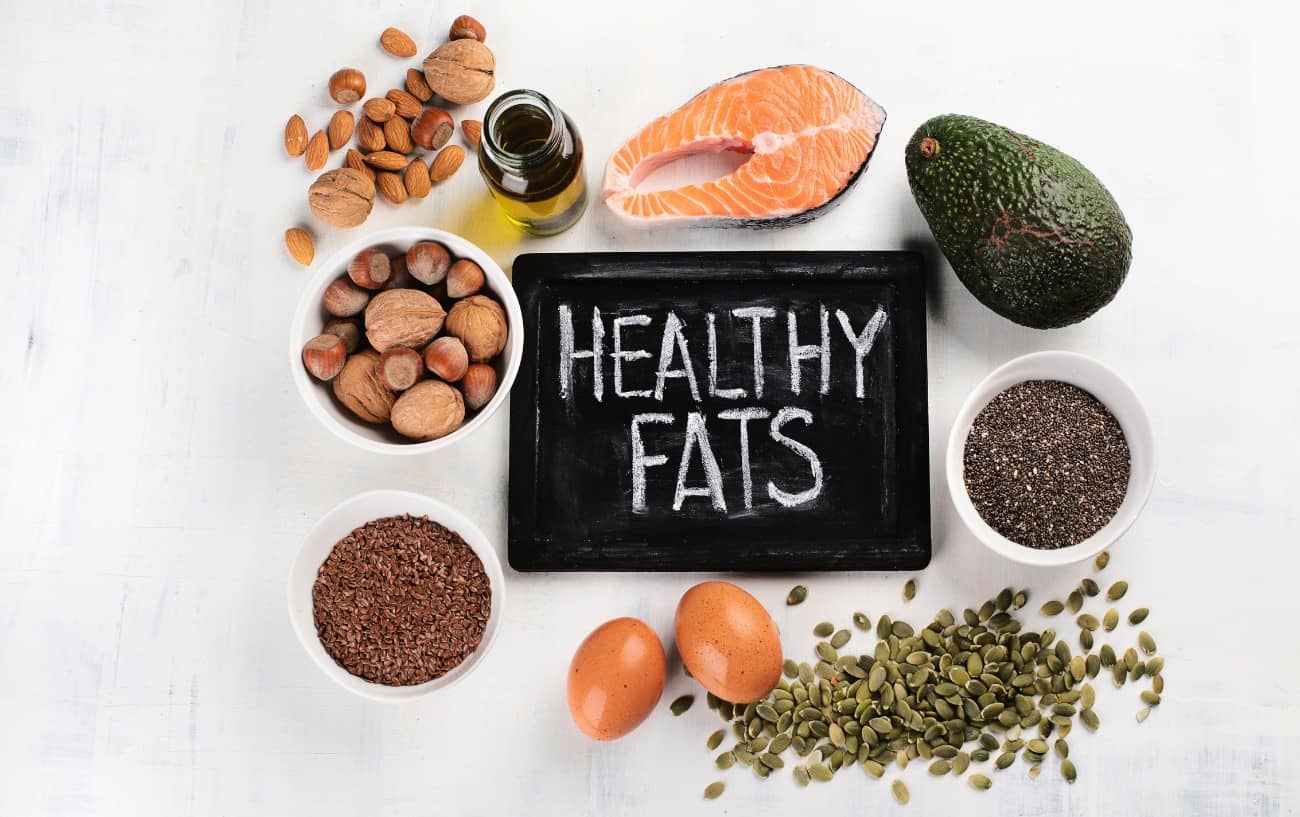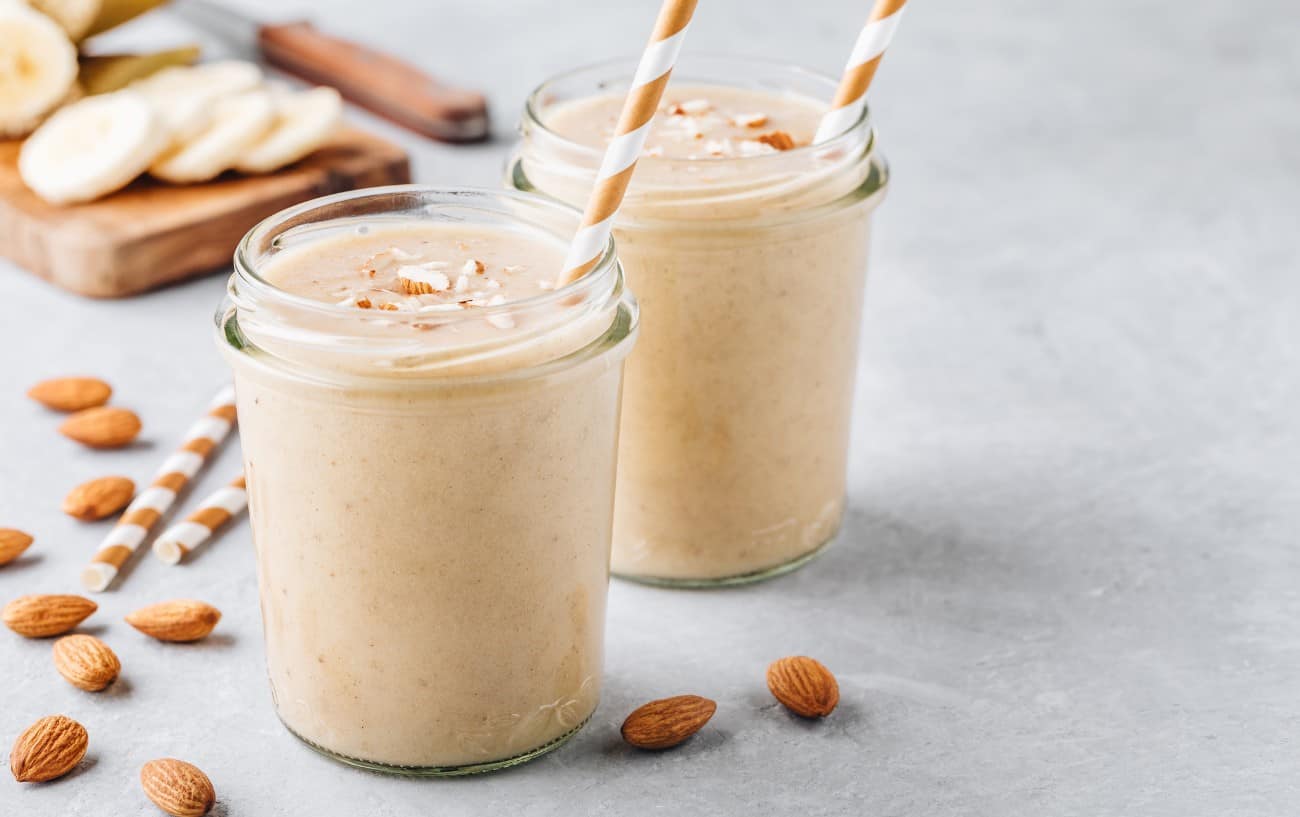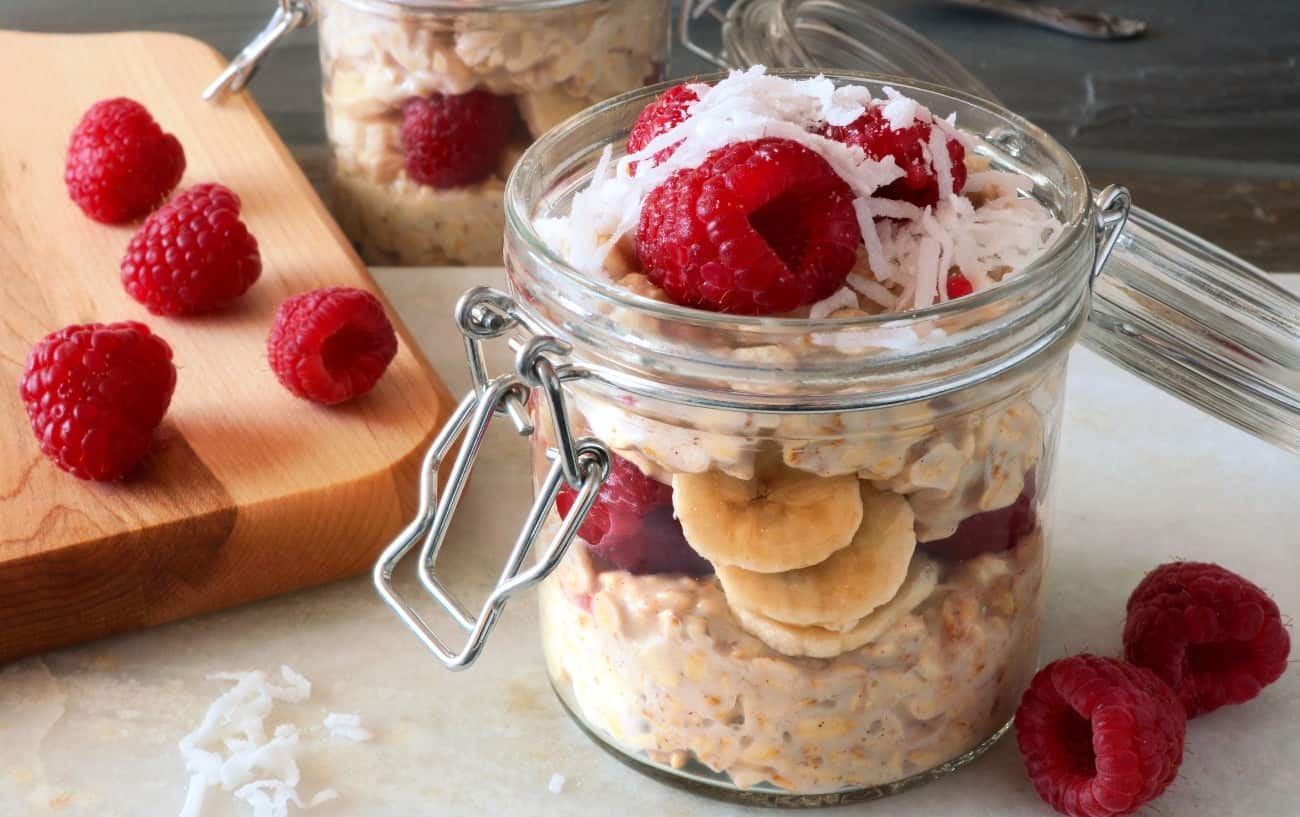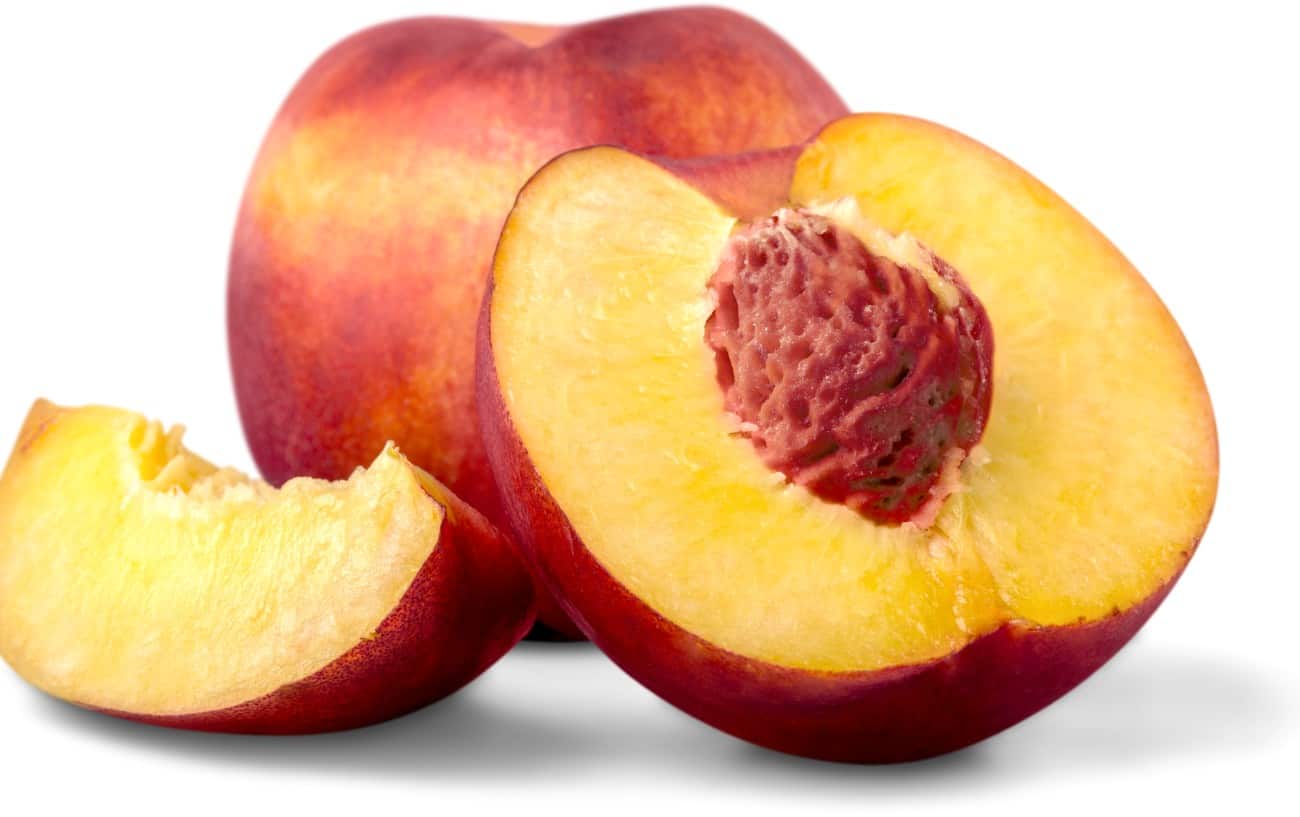Running a marathon is arguably one of the most rewarding experiences, and can be more than just a bucket list item for many runners. Indeed, marathon training can be a lifestyle. When one marathon is done, the recovery period is often used to start planning the next one.
However, as rewarding as running a marathon is, marathon training is demanding in many ways. It takes a lot of time, effort, and energy, and is harsh on your schedule, mind, and most of all, body.
Therefore, your marathon training diet is a crucial component of your overall training plan in order to fuel your workouts and help you recover after each one.
A marathon training diet needs to do two things: provide all the nutrients you need for overall health and support your marathon training and racing.
But what should you be eating while you are training for a marathon? What is the ideal marathon training diet? Keep reading to find out.

Components of a Healthy Marathon Training Diet
In many ways, any good marathon training diet will look much like any other healthy diet. Marathon runners need rich foods that contain carbohydrates, protein, healthy fats, vitamins, minerals, and water, just as non-runners do.
However, marathon training obviously requires a fairly significant energy expenditure, so a marathon training diet should be higher in calories than a standard diet to keep energy levels up.
The number of calories you need depends on your metabolic rate, training volume, and weight goals. Your metabolic rate depends on factors such as age, body size and composition, and overall activity level.
The number of calories you burn during training runs depends on your size, speed, and run duration.
Because carbohydrates are the primary fuel burned during higher-intensity physical activity training sessions, marathoners’ carbohydrate intake needs are higher than those of non-athletes and low-mileage runners.
Protein needs can also be higher, as protein helps build and repair muscle tissue and enzymes.
For example, a standard diet might have 45% of the daily caloric intake coming from carbohydrates, 35% from fat, and 20% from protein, whereas a marathon runner might feel better with 60% of the daily caloric intake coming from carbs, 20% from fat, and 20% from lean protein.

Overall Structure of a Marathon Training Diet
When it comes to diet, it seems the only universal generality that can be made is that there are no hard-and-fast best diets, best practices, or best meal plans. Eating seems highly personal.
Some people feel best eating three square meals a day without snacks, while others feel more energized and even-keeled with three smaller meals and three snacks. Others like intermittent fasting or other timing variations.
That said, in general, marathon runners often find it best to space their calories out throughout the day with meals and snacks at fairly consistent intervals.
Depending on the time of day you do your runs and your nutrition and weight goals, aim for three meals and two to four snacks per day.
Most marathon training diets encourage breakfast, lunch, and dinner, a snack between breakfast and lunch, one between lunch and dinner, and one before bed.
Runners who do their long runs or hard workouts first thing in the morning should also consider a pre-run snack. After the morning run, you can have breakfast. Depending on the time of that meal, you might skip the snack before lunch or find you need that snack as well.
Essentially, there are no rules. Find what works best for you, but don’t be afraid to play around with different options and meal-timing configurations.

What to Eat On a Marathon Training Plan Diet
So, what exactly does a marathon training diet look like in terms of food? As mentioned, marathon runners need carbohydrates, protein, fat, micronutrients, and water.
Carbohydrates
Carbohydrates provide energy for high-intensity exercise, like most of your runs and workouts.
There are two primary types of carbohydrates: simple and complex. Simple carbohydrates are sugars like fructose, glucose, and lactose that are digested and absorbed quickly.
Simple sugars are great before and during a run to supply energy and top off glycogen stores without sitting around in your stomach while trying to work out.
Good sources of simple carbohydrates for marathon runners include fresh and dried fruits, rice cakes, crackers, etc.
Complex carbohydrates have longer chains of sugar molecules called polysaccharides and often contain fiber. Complex carbohydrates provide sustained energy, and fiber improves digestion and increases satiety.
Good sources of complex carbohydrates for marathon runners include whole grains, vegetables, legumes, and tubers.

Protein
Protein provides 4 kcal of energy per gram and helps rebuild and repair cells and tissues. Because muscle is composed of protein, protein is crucial after training to aid recovery.
For example, a review of 11 studies1Stearns, R. L., Emmanuel, H., Volek, J. S., & Casa, D. J. (2010). Effects of Ingesting Protein in Combination With Carbohydrate During Exercise on Endurance Performance: A Systematic Review With Meta-Analysis. Journal of Strength and Conditioning Research, 24(8), 2192–2202. https://doi.org/10.1519/jsc.0b013e3181ddfacf investigating the recovery benefits of ingesting protein along with carbohydrates after a bout of cycling versus ingesting carbohydrates alone found that adding protein to the post-exercise recovery fuel increased performance by an average of 9% in the subsequent endurance ride.
Therefore, a marathon training diet must have adequate protein intake.
Even though it’s important to refuel with protein after your run, studies have demonstrated2Areta, J. L., Burke, L. M., Ross, M. L., Camera, D. M., West, D. W. D., Broad, E. M., Jeacocke, N. A., Moore, D. R., Stellingwerff, T., Phillips, S. M., Hawley, J. A., & Coffey, V. G. (2013). Timing and distribution of protein ingestion during prolonged recovery from resistance exercise alters myofibrillar protein synthesis. The Journal of Physiology, 591(9), 2319–2331. https://doi.org/10.1113/jphysiol.2012.244897 that protein is absorbed and used most effectively when it’s spaced out throughout the day: every three hours in 20g doses rather than less frequently in 40g doses.
This is one reason why a marathon training diet that has meals and snacks rather than just meals is often more ideal for recovery and health.
Good sources of protein for marathon runners include lean meats, poultry, low-fat dairy, legumes, soy, seeds, nuts, and some veggies.

Fats
Dietary fats contain nine kcals per gram.
Fat is the body’s preferred fuel source for resting conditions and low-intensity training, such as zone 2 workouts and long runs. Fats also support hormone production and healthy cell membranes and are necessary for the absorption of vitamins A, D, E, and K.
Good sources of dietary fat for marathon runners include nuts and nut butters, seeds, coconut, avocado, fatty fish and fish oils, and healthy oils like olive oil and flaxseed oil.
Hydration is key for any runner. Drink enough water throughout the day so that your urine is light yellow.
What Should The Macro Ratio Be For Marathon Training?
When considering the caloric content of food, each gram of fat contains nine calories, while carbohydrates or protein each contain four calories per gram.
This information can help you determine the number of grams of each macronutrient you should eat per day.
For example, let’s say your daily caloric needs based on your basal metabolic rate and general activity level are 1800 kcals.
With the added average energy expenditure of your running, you are following a 2,400-calorie diet in order to maintain your body weight and support your marathon training.
For endurance performance, if you want to consume a recommended ratio of 55% of your calories from carbohydrates, 30% from protein, and 15% from fat, you can determine the grams of each macronutrient as follows:
Carbohydrates:
2400 x 0.55 = 1320 calories
1320 calories / four calories per gram = 330 grams
Protein:
2400 x 0.3 = 800 calories
800 calories / 4 calories per gram = 200 grams
Fat:
2400 x 0.15 = 400 calories
400 calories/nine calories per gram = 44 grams
You’ll certainly find variations in the recommended macronutrient ratios for marathon runners and other endurance athletes. You can experiment with different ratios to find what works best for your body and dietary preferences.

How Should I Fuel For Runs On A Marathon Training Diet?
Once you have a healthy diet that supports your overall nutrition needs and health, you’ll want to look at fueling your runs.
In general, you shouldn’t have to worry about specific fueling for any run that’s an hour or less. The one caveat is that if you’re running first thing in the morning, you might want a small snack of simple carbohydrates before you head out to top off blood glucose after the nighttime fast.
Examples include half a banana, a few dates or dried apricots, or a few bites of oatmeal or toast.
In contrast, fueling properly before long runs and the marathon itself is paramount. Race day nutrition should be well-planned out and practiced when training.
Most runners should strive to get 100g of carbohydrates in their pre-race breakfast and then aim to consume 30-60 grams of carbohydrates per hour during the race with energy gels, sports drinks, chews, etc.

Again, simple carbohydrates are best, as foods with fiber, fat, and too much protein will take longer to digest and can cause GI upset while running.
After a workout, runners should aim to replenish fluids, electrolytes, calories, carbohydrates, and proteins within 30 minutes of finishing. Most sports dietitians recommend a 3:1 or 4:1 carbohydrate-to-protein macronutrient ratio for this post-run snack.
The standard recommendation3Jentjens, R. L. P. G., van Loon, L. J. C., Mann, C. H., Wagenmakers, A. J. M., & Jeukendrup, A. E. (2001). Addition of protein and amino acids to carbohydrates does not enhance postexercise muscle glycogen synthesis. Journal of Applied Physiology, 91(2), 839–846. https://doi.org/10.1152/jappl.2001.91.2.839 for carbohydrate refueling after exercise is to consume 0.6–1.0 g/kg carbohydrate within 30 min and again every 2 hours for the next 4–6 hours.
Examples of good post-run snacks include a smoothie made with Greek yogurt, banana, berries, spinach, and almond milk; yogurt, low-sugar granola, and fruit; multigrain toast with nut butter and sliced apple; or oatmeal and eggs.

What’s A Sample Healthy Marathon Training Diet Meal Plan?
Curious about what a day following healthy marathon nutrition might look like on a training day and non-training day? Let’s look at some examples of a nutrition plan:
Day 1: Morning Long Run
- Pre-Run Snack: Whole wheat toast, English muffin, or bagel with peanut butter and sliced banana
- Long Run: Consume 60 to 90 grams of carbohydrates per hour with some fat and protein throughout, such as trail mix with dried fruit, nuts, and dark chocolate or a whole-grain tortilla with almond butter and honey.
- Post-Run Recovery Snack: Protein smoothie with banana, spinach, blueberries, pineapple, hemp seeds, Greek yogurt (or coconut yogurt if you are vegan), and protein powder.
- Late Lunch: Hummus with whole-grain crackers, carrots, pepper strips, celery, and cucumbers; red grapes.
- Dinner: Fajitas with chicken or tofu, black beans, brown rice, peppers, lettuce, onions, tomatoes, corn, salsa, and vegan or regular cheese. Spinach salad on the side.
- Snack: Cottage cheese with sliced almonds, strawberries, and cocoa nibs.

Day 2: Rest Day (No Running)
- Breakfast: Omelet with eggs, cheese, peppers, onions, spinach, and mushrooms.
- Snack: Blueberries and pistachios.
- Lunch: Large salad with spinach, arugula, cucumbers, tomatoes, sprouts, chickpeas, sunflower seeds, snap peas, broccoli florets, and craisins.
- Snack: Tuna fish or hummus with carrots, celery, pepper strips, and cucumbers.
- Dinner: Roasted turkey breast or grilled tofu over quinoa and lemony wilted greens. Broccoli on the side.
- Snack: Apple and string cheese.
Day 3: Evening Interval Workout
- Breakfast: Overnight oats made with almond milk, chia seeds, flax seeds, hemp protein powder, blueberries, cinnamon, and unsweetened coconut flakes.
- Snack: Peach or plum.
- Lunch: Brown rice with grilled chicken or tempeh, roasted Brussels sprouts, kale, walnuts, and sesame seeds.
- Pre-Run Snack: Rice cakes with peanut butter or natural energy bar.
- Hard 60-90 Minute Interval Workout: Water or sports beverage. Dinner to follow or have a banana with nut butter after the workout.
- Dinner: Roasted salmon or tofu steaks with baked sweet potato, Greek salad, and asparagus.
- Snack: Greek yogurt with low-sugar granola and raspberries.
For more information, and a free download of our very own marathon training meal plan, click here!













Overall good article. Just one thing…
“Long Run: Consume 60 to 90 grams of carbohydrate per hour with some fat and protein throughout such as trail mix with dried fruit, nuts, and dark chocolate or whole grain tortilla with almond butter and honey.”
This is not that great of advice. Dietary fat slows digestion and so does fiber. When you’re doing a long run you want a mix of glucose and fructose. If you’re consuming 90g an hour that could be 60g glucose (upper limit) and 30g fructose. Zero fiber, zero protein, and zero fat is optimal for performance as they all inhibit carbohydrate absorbtion.